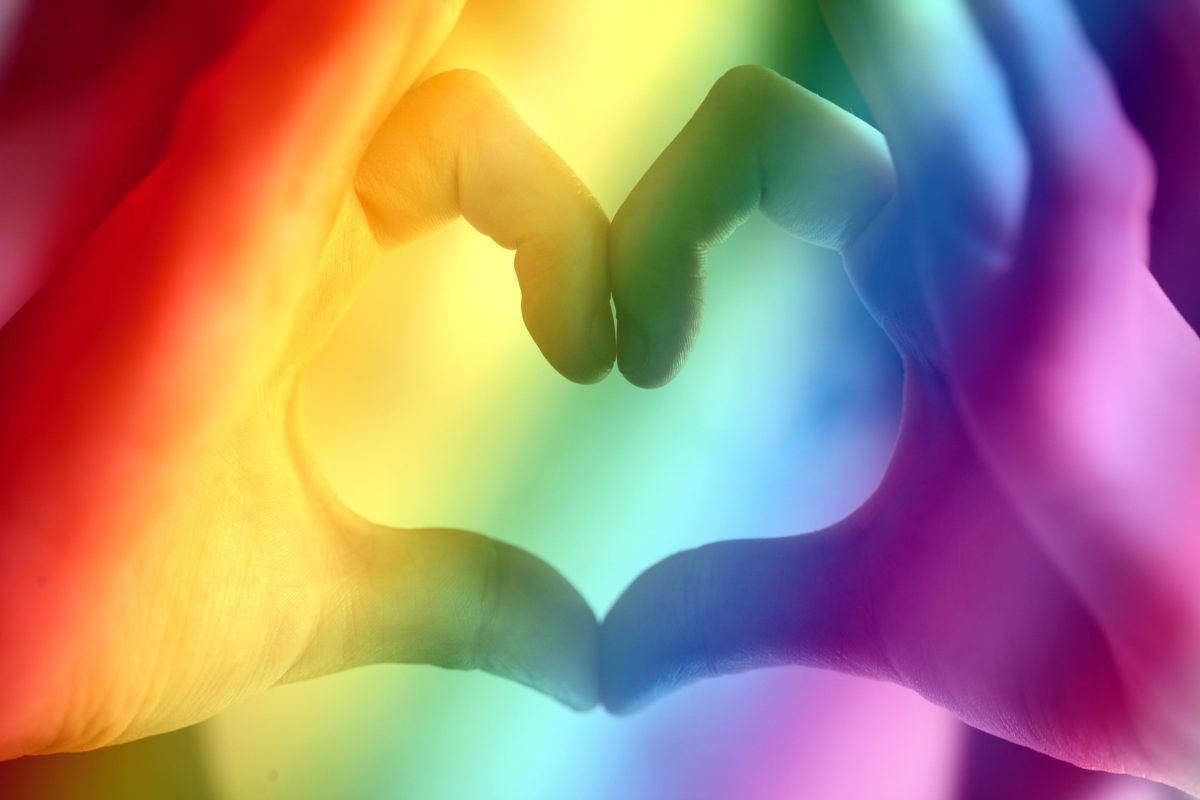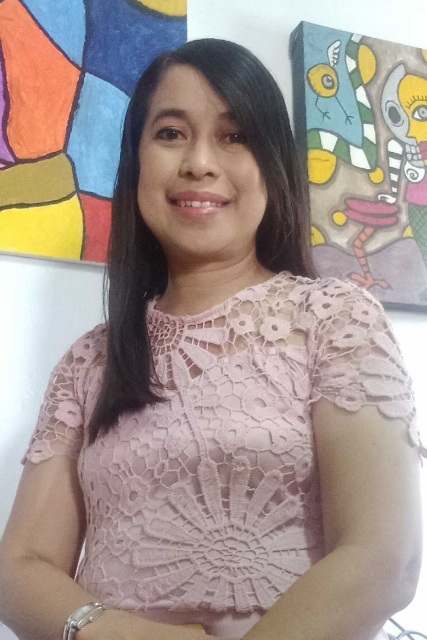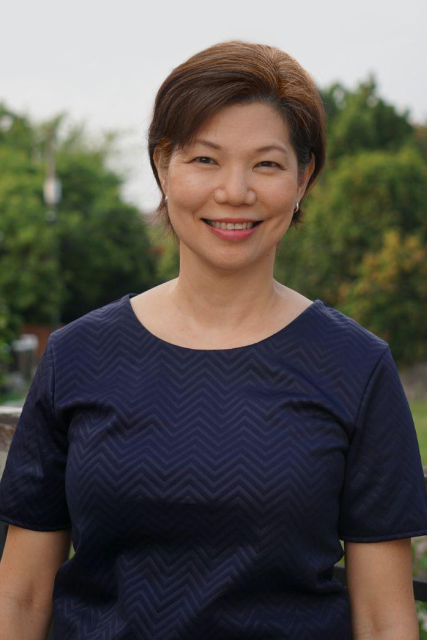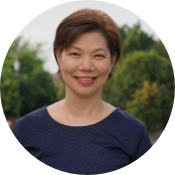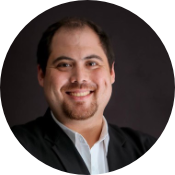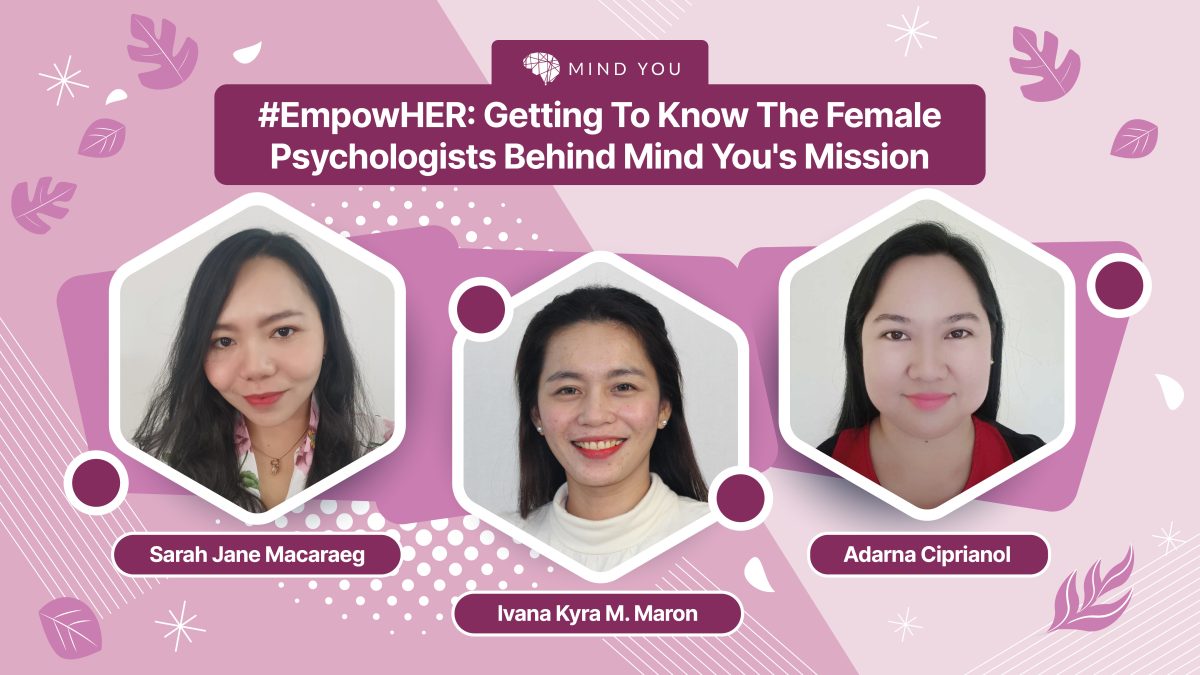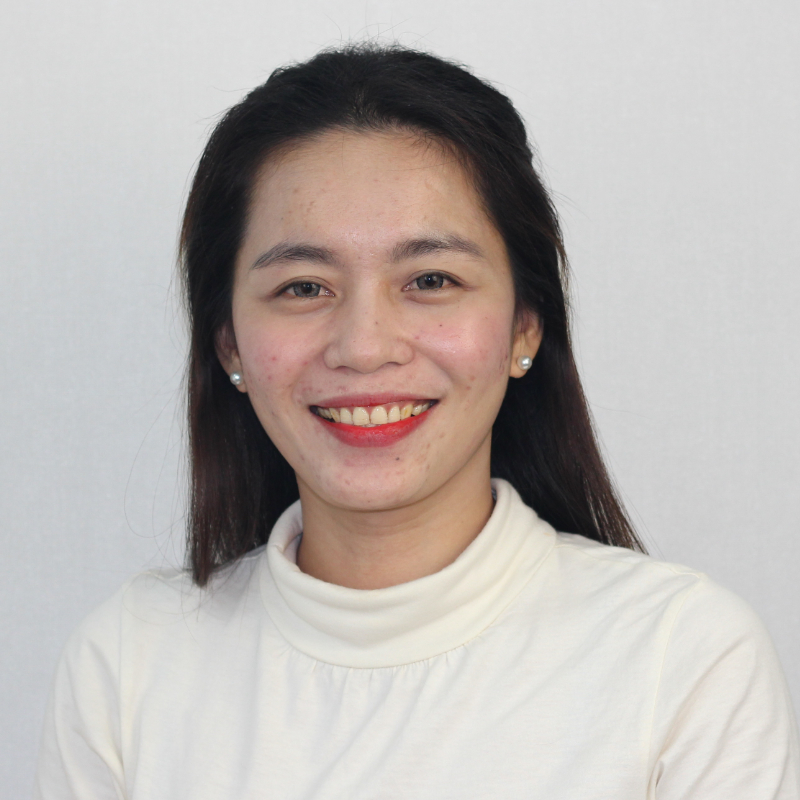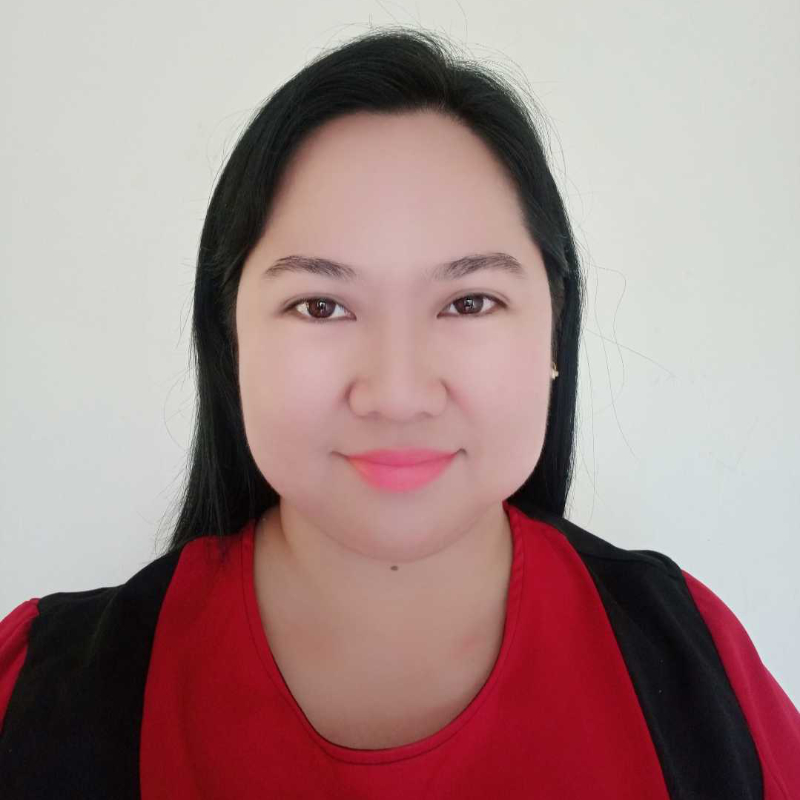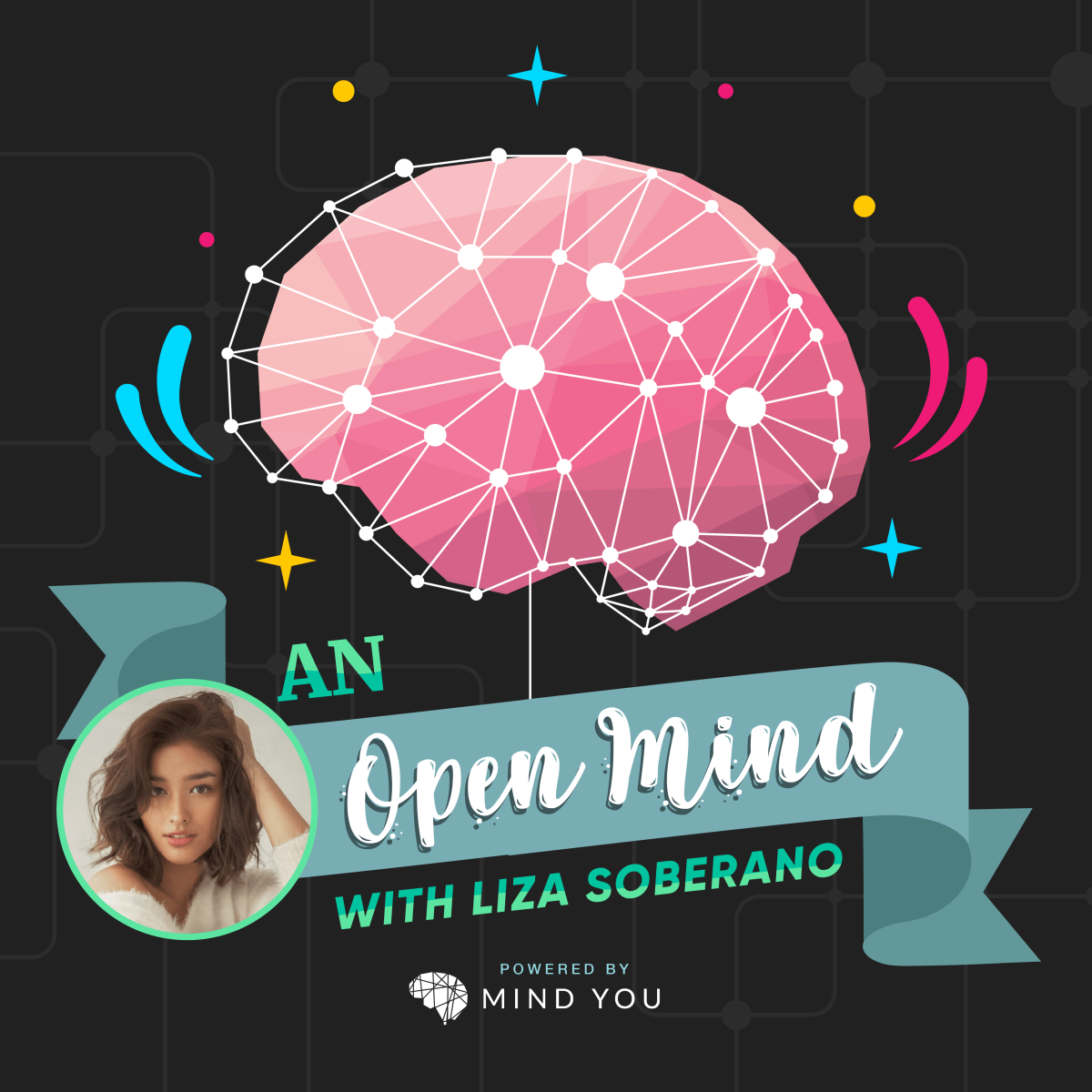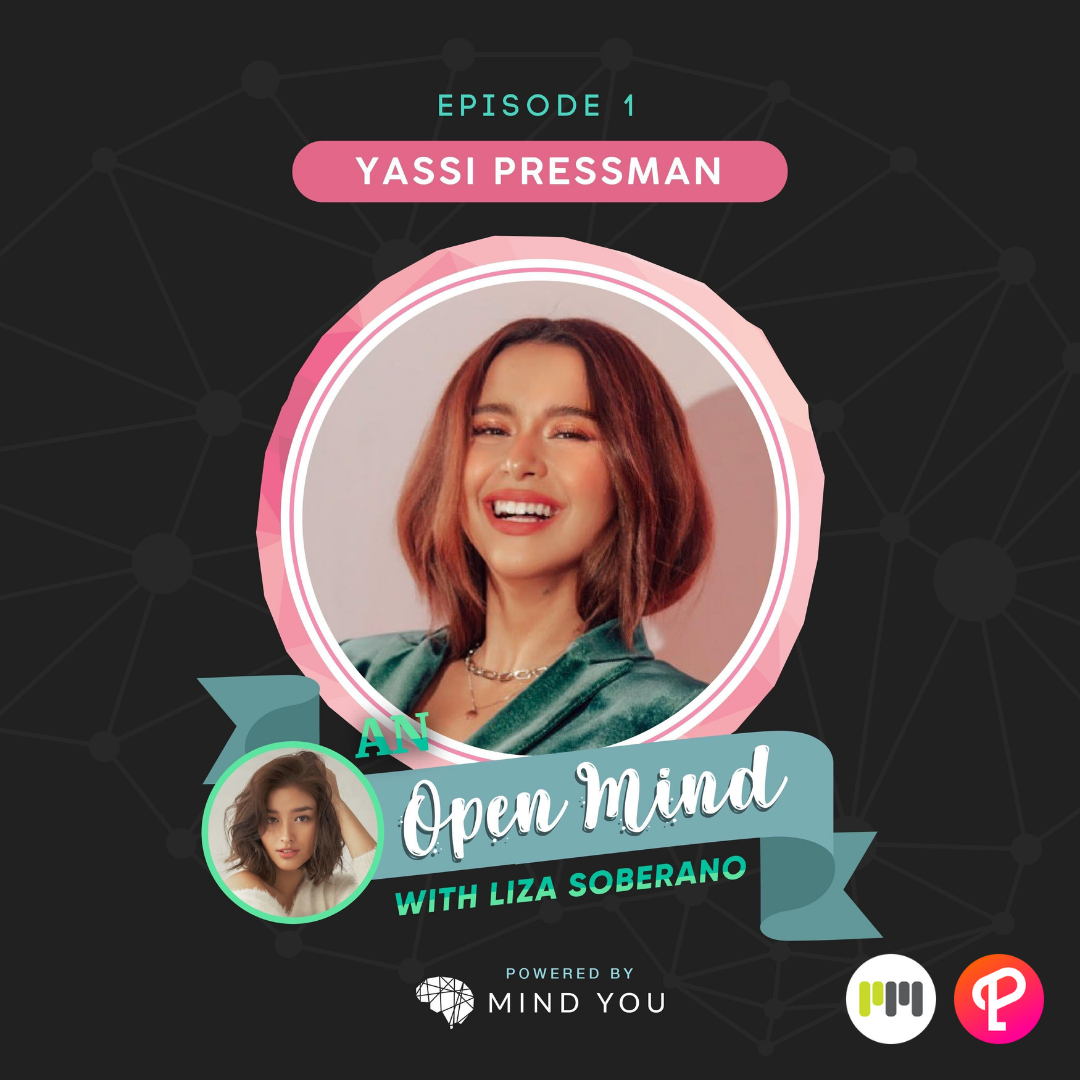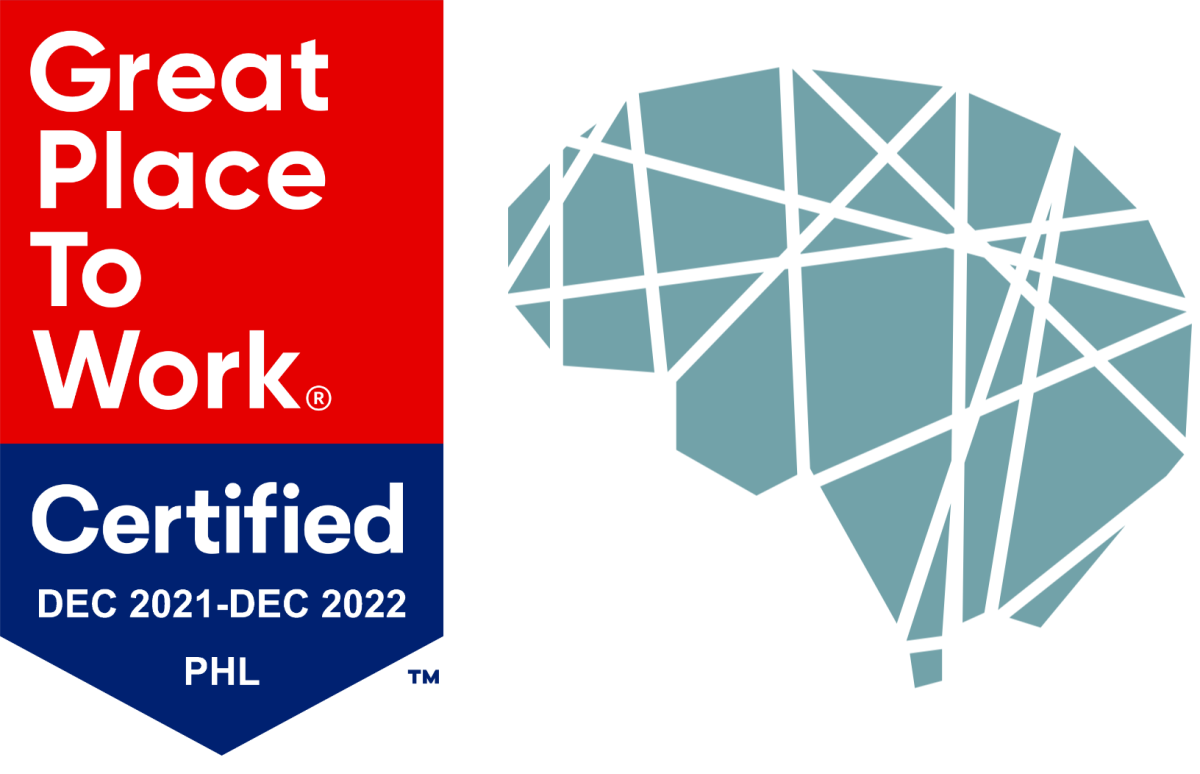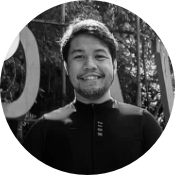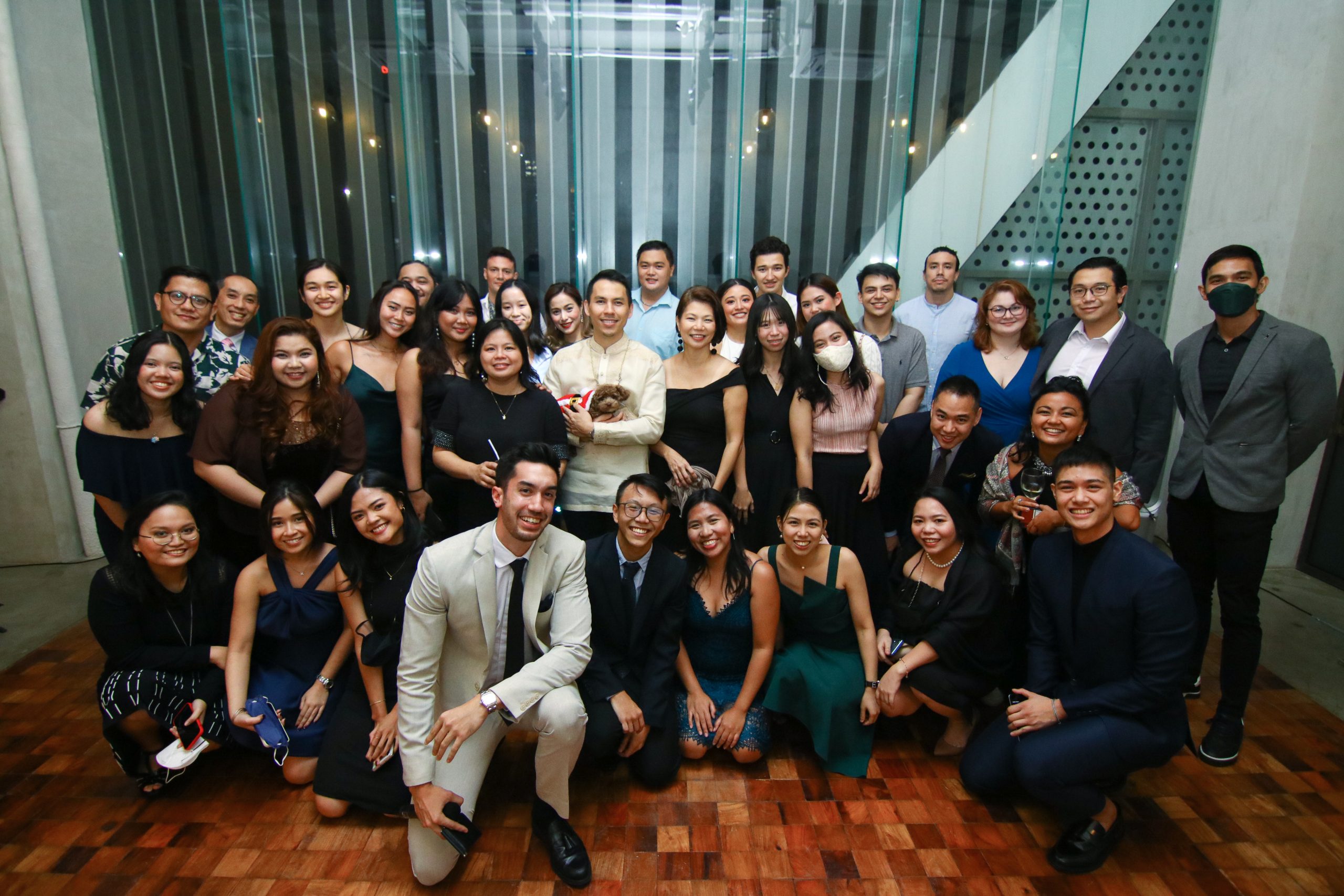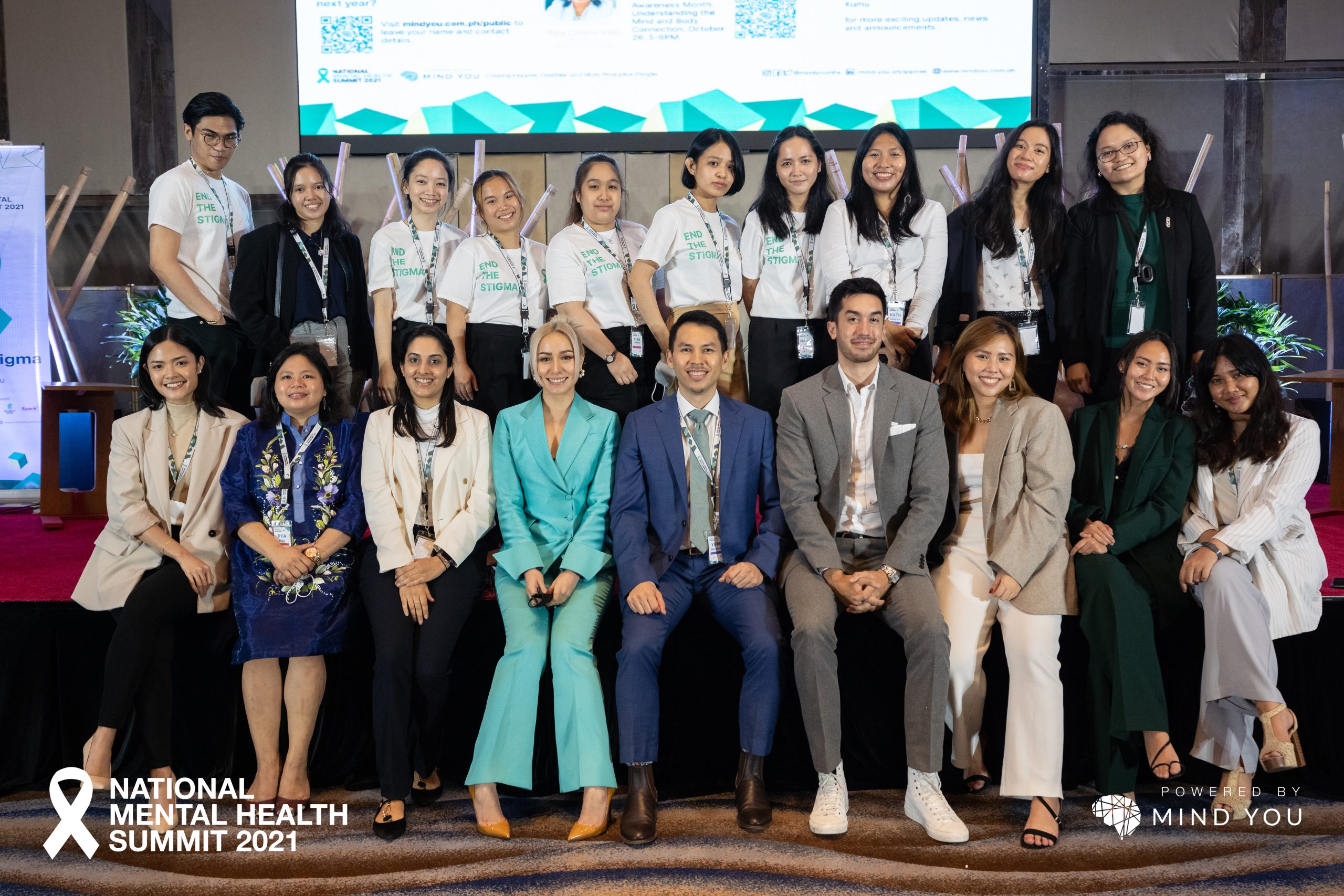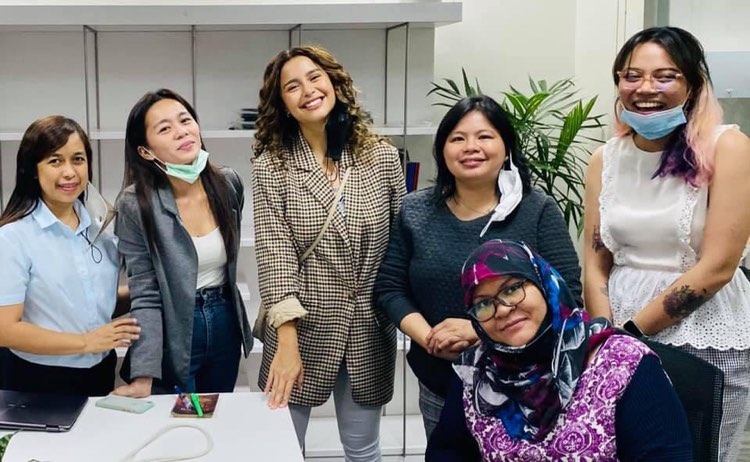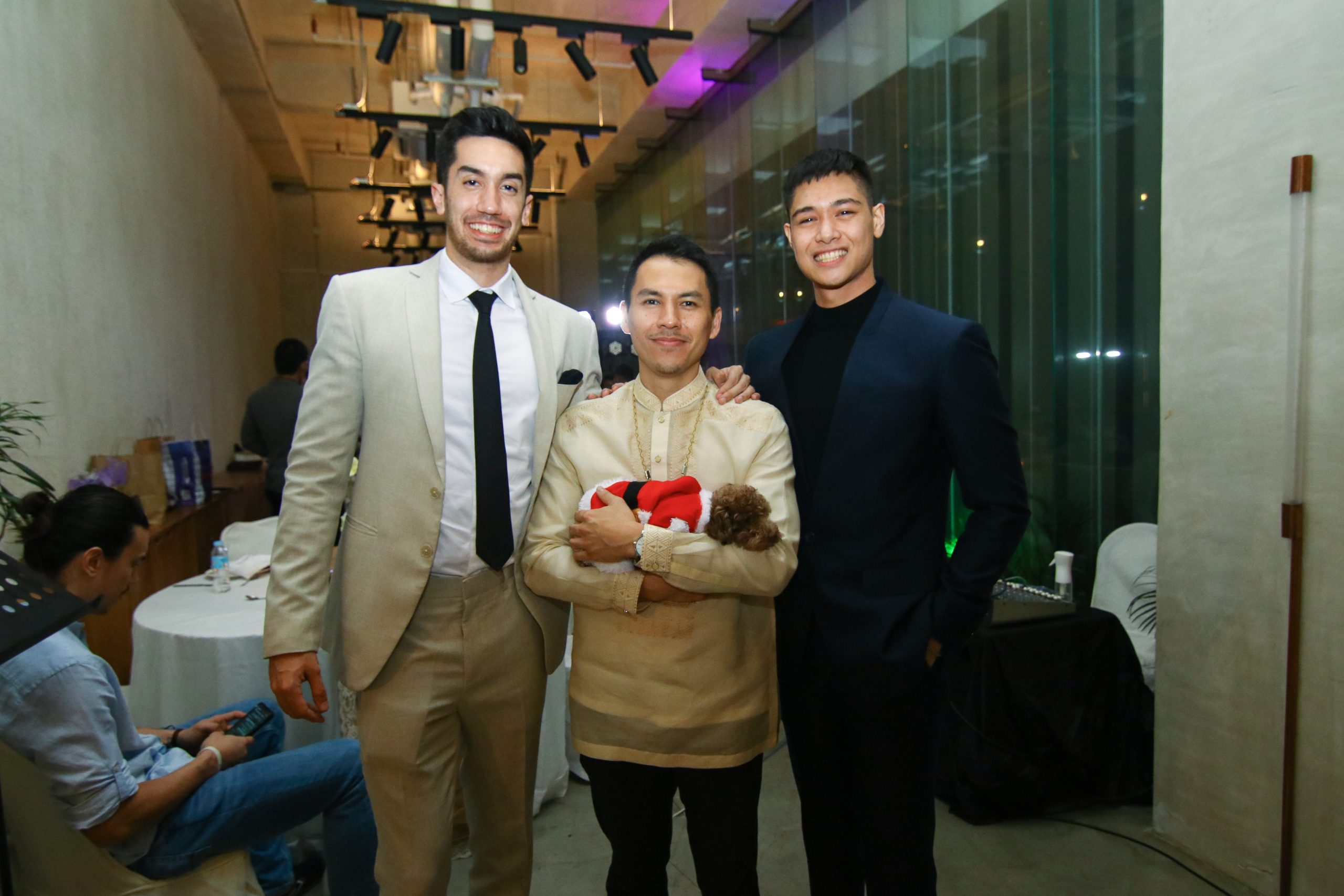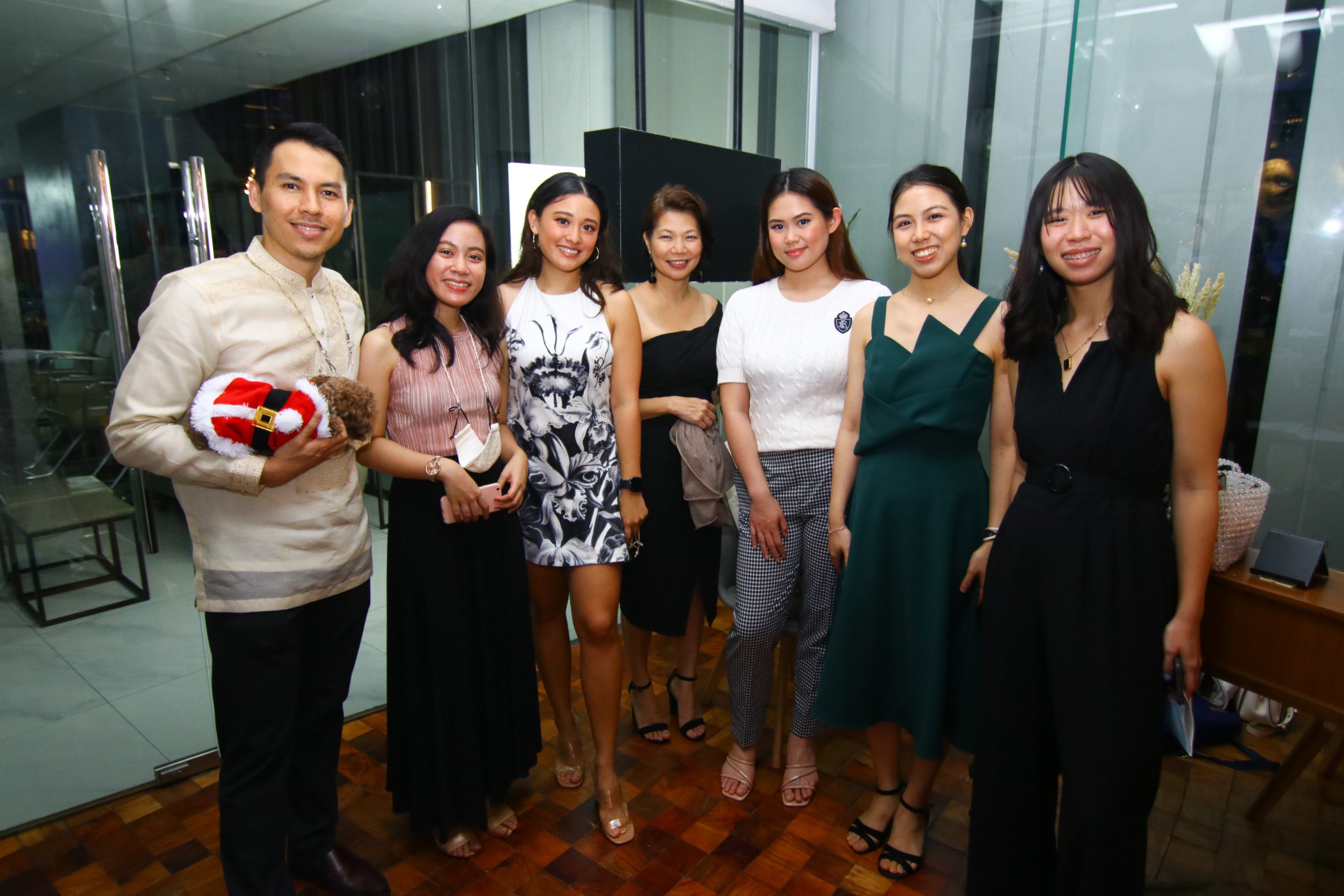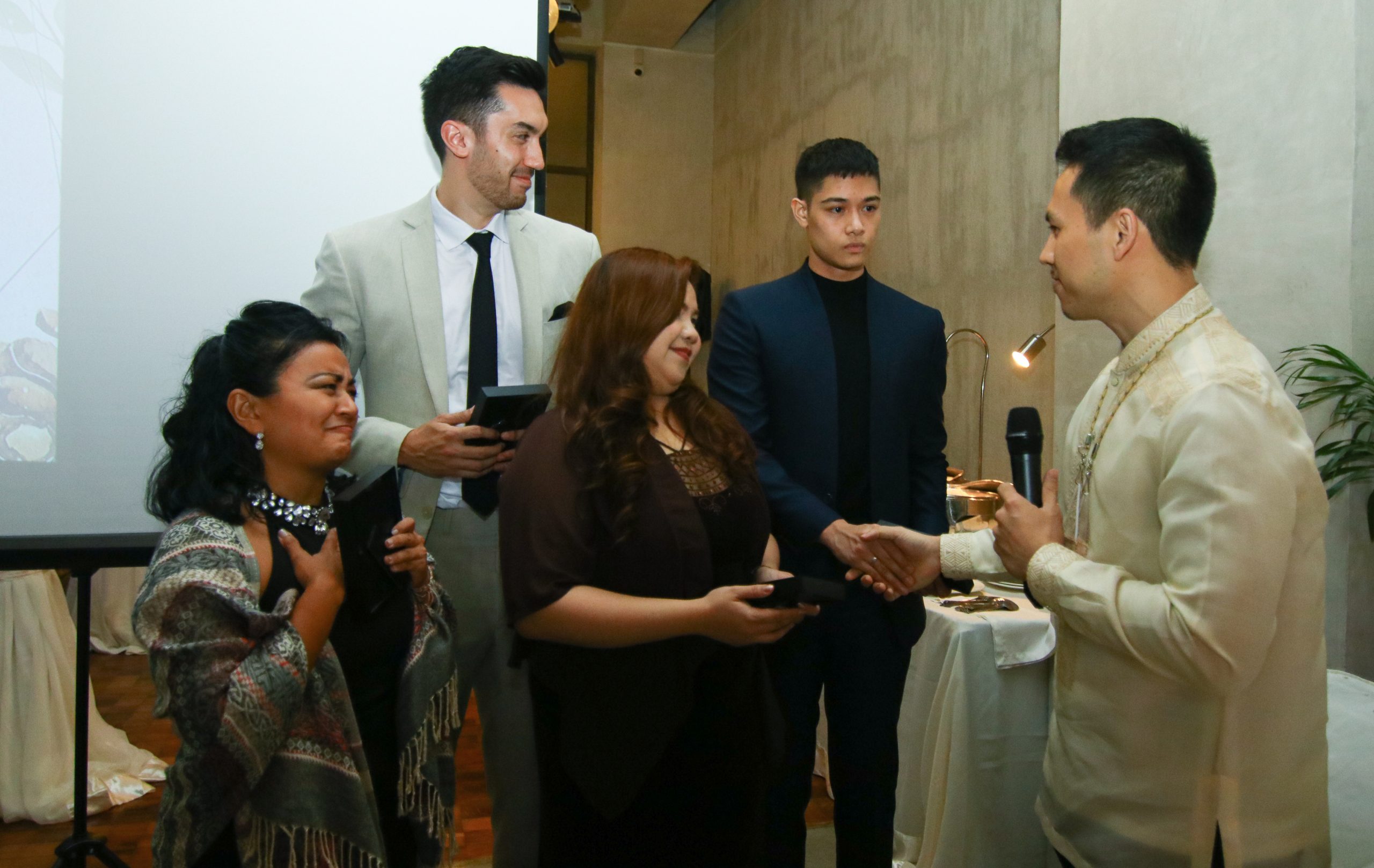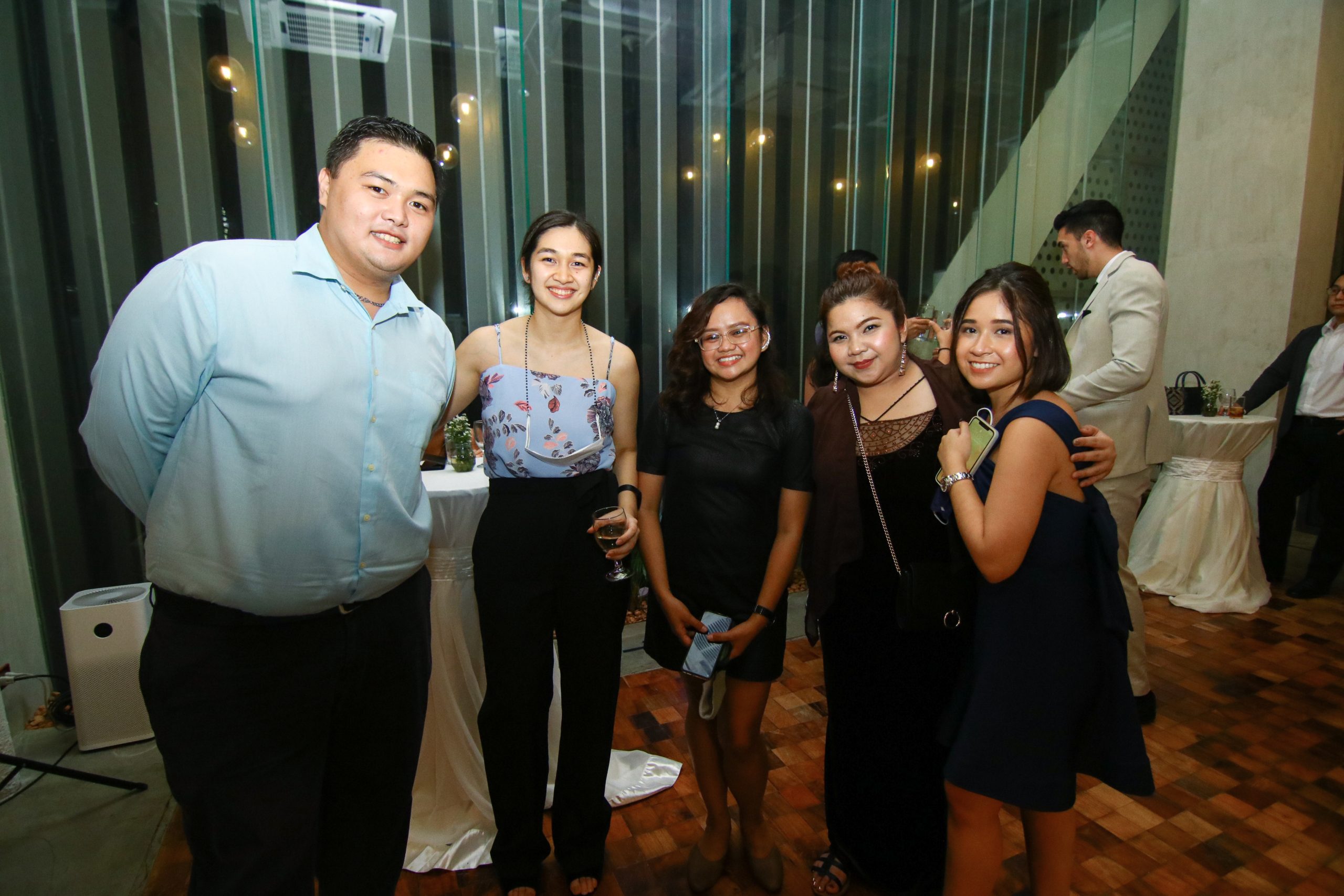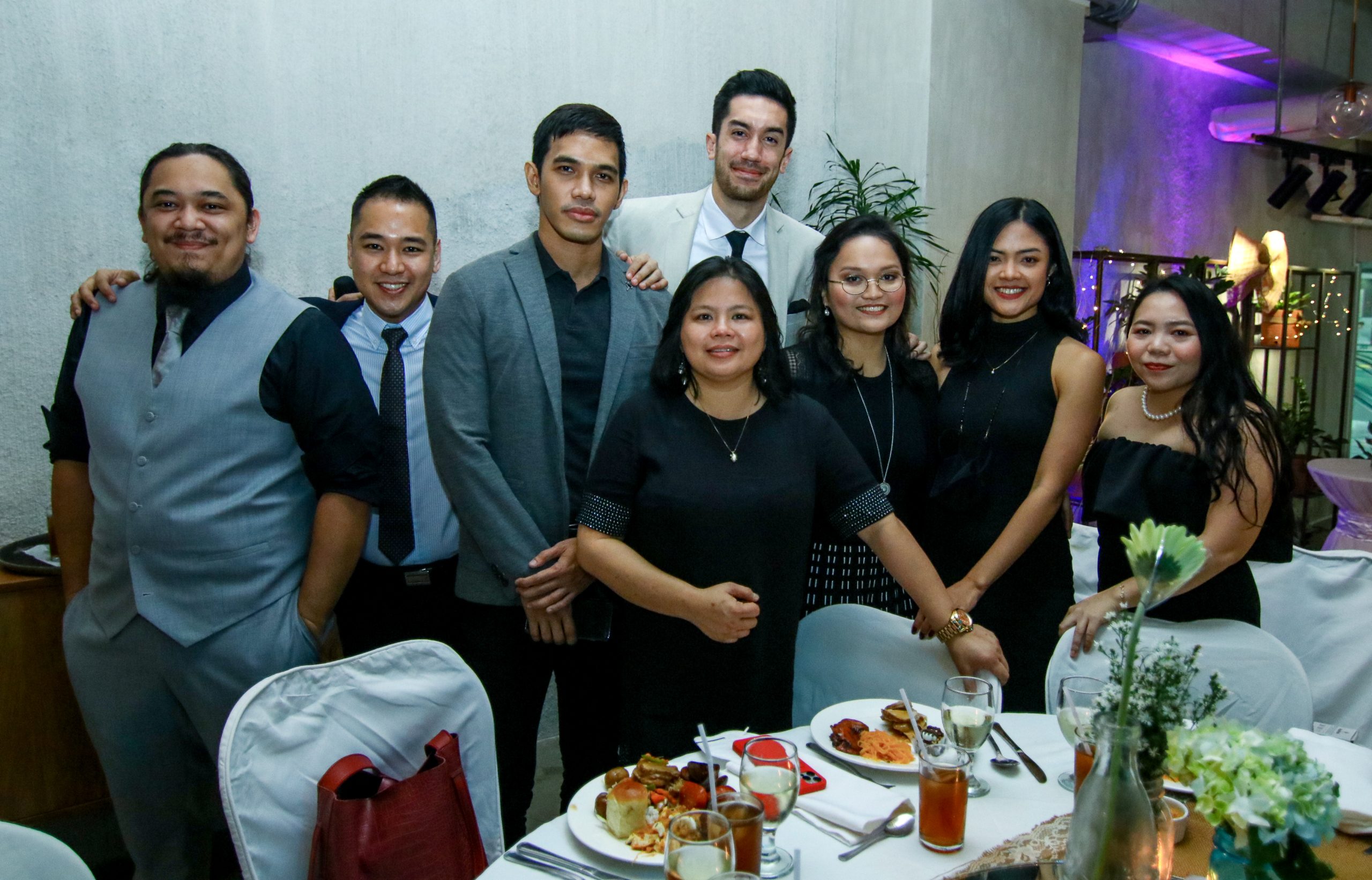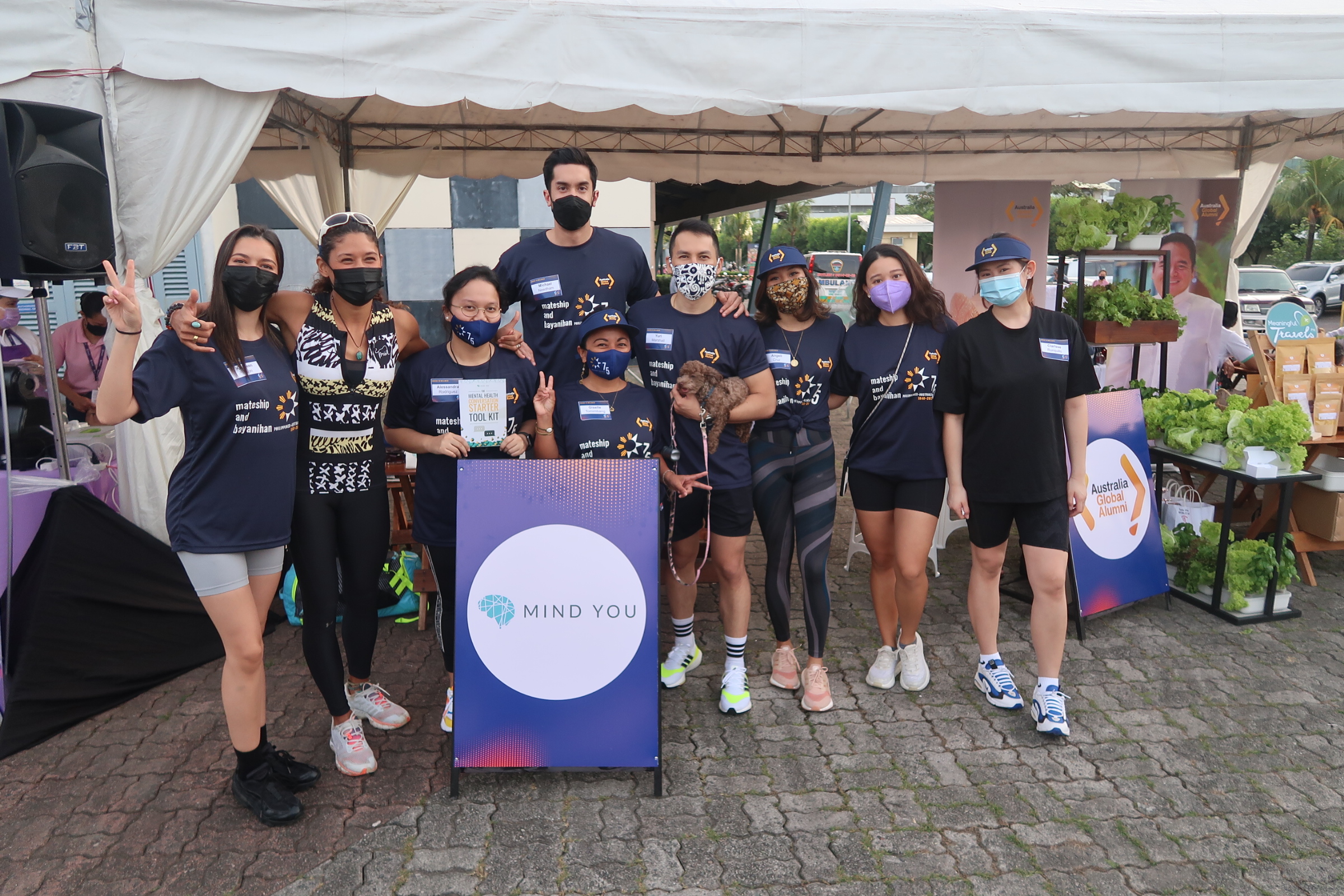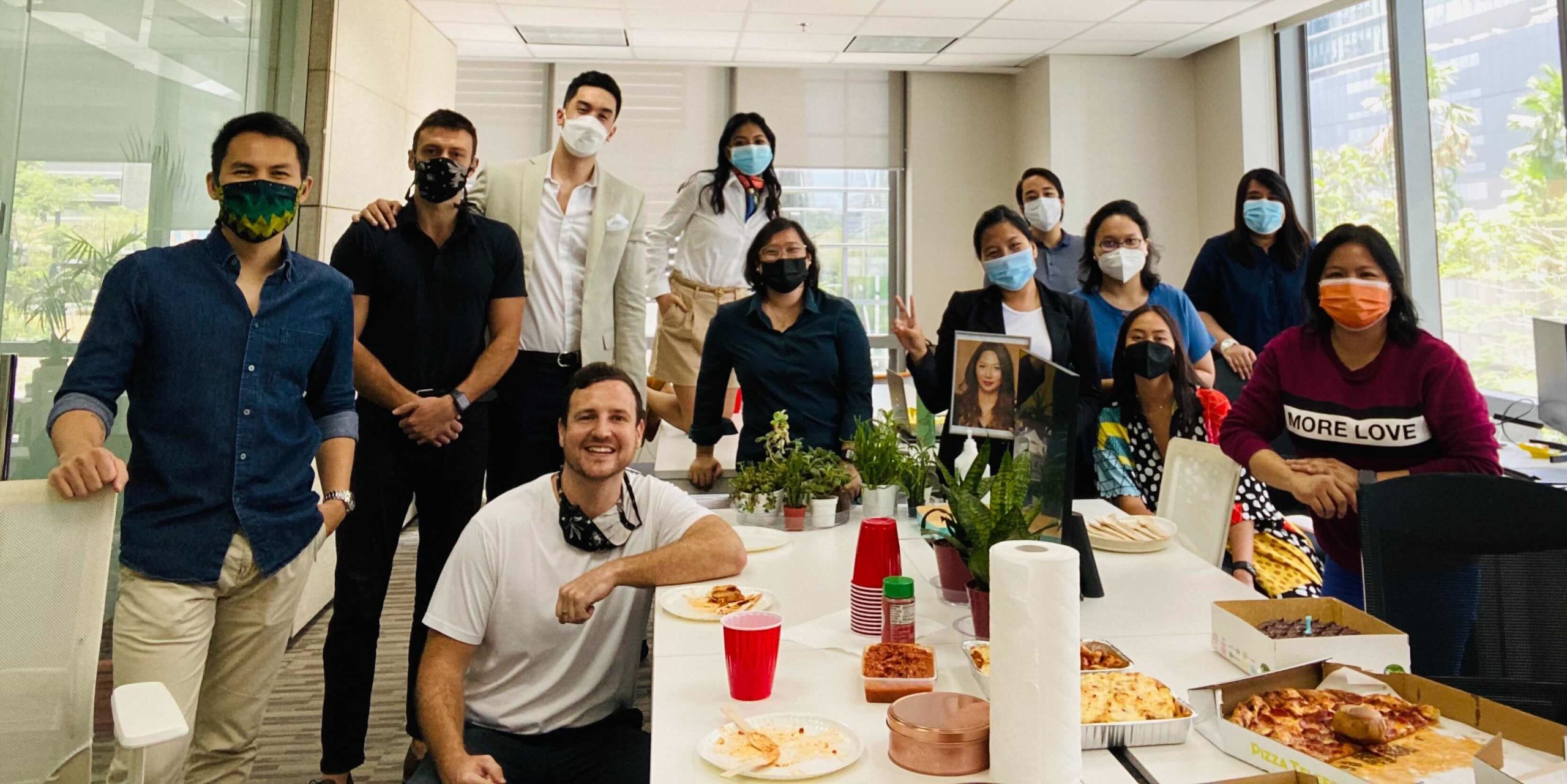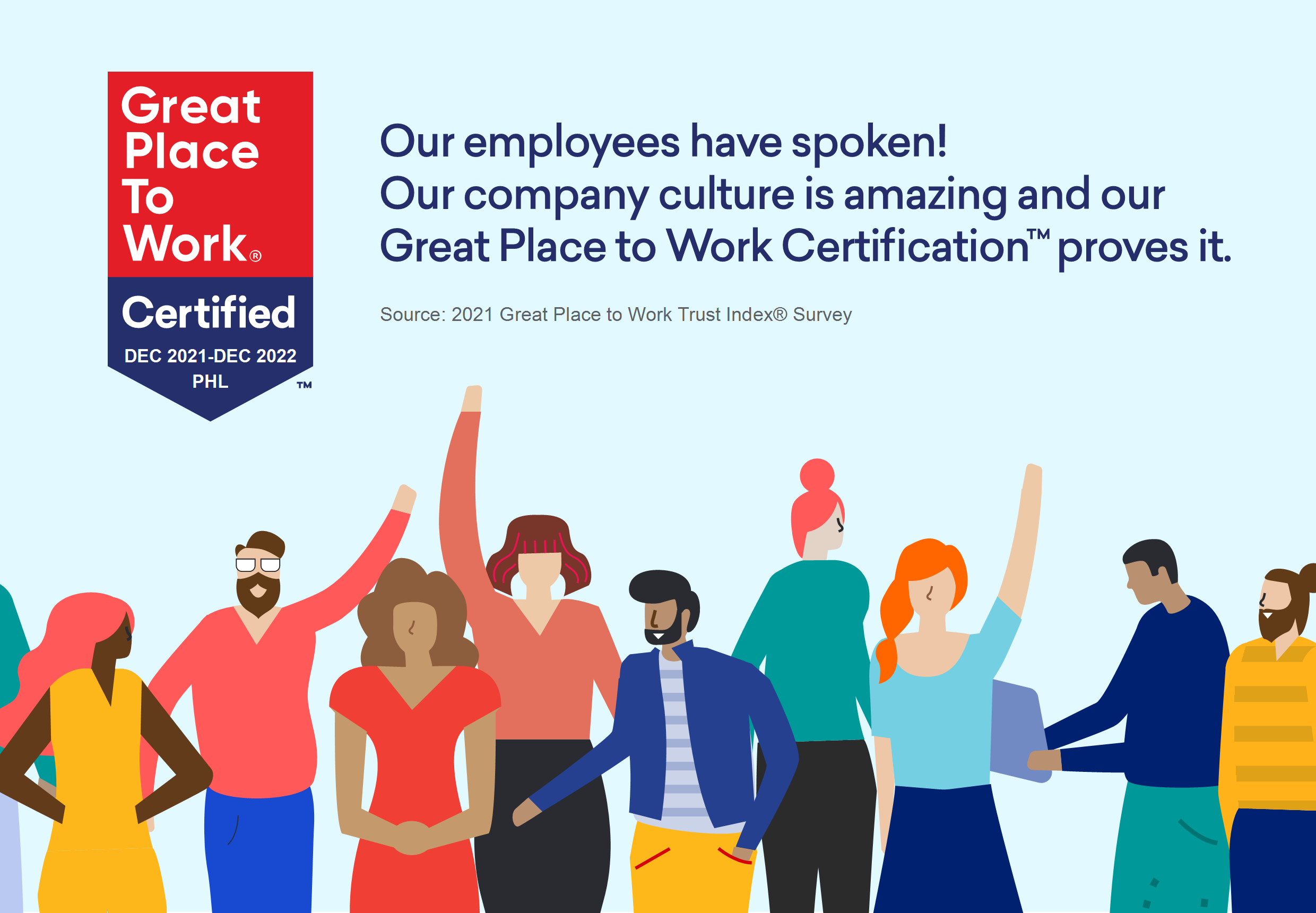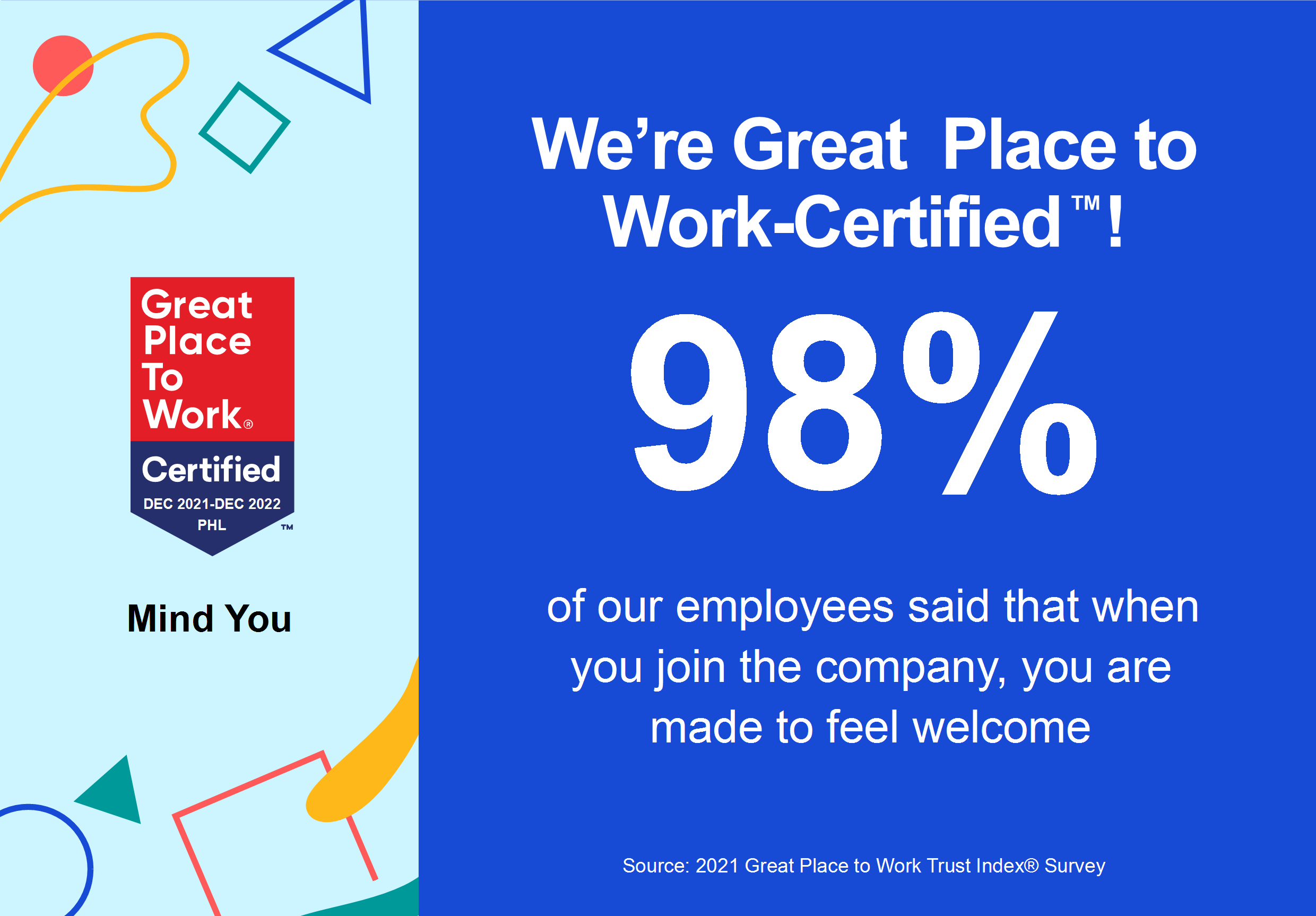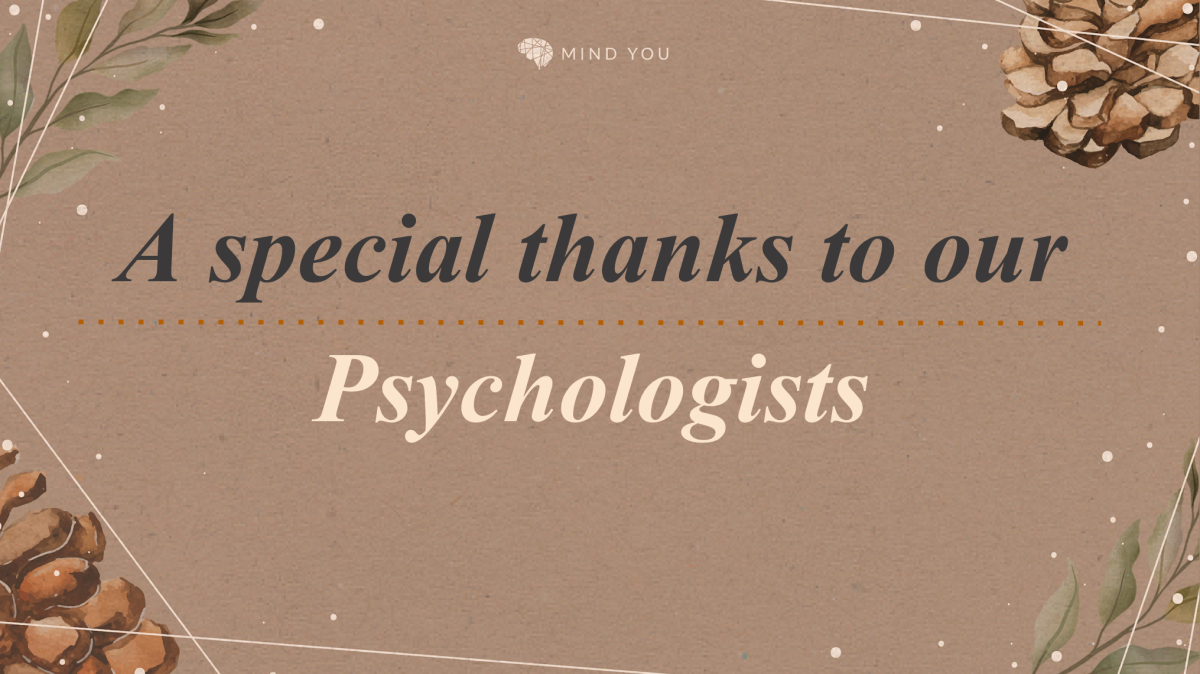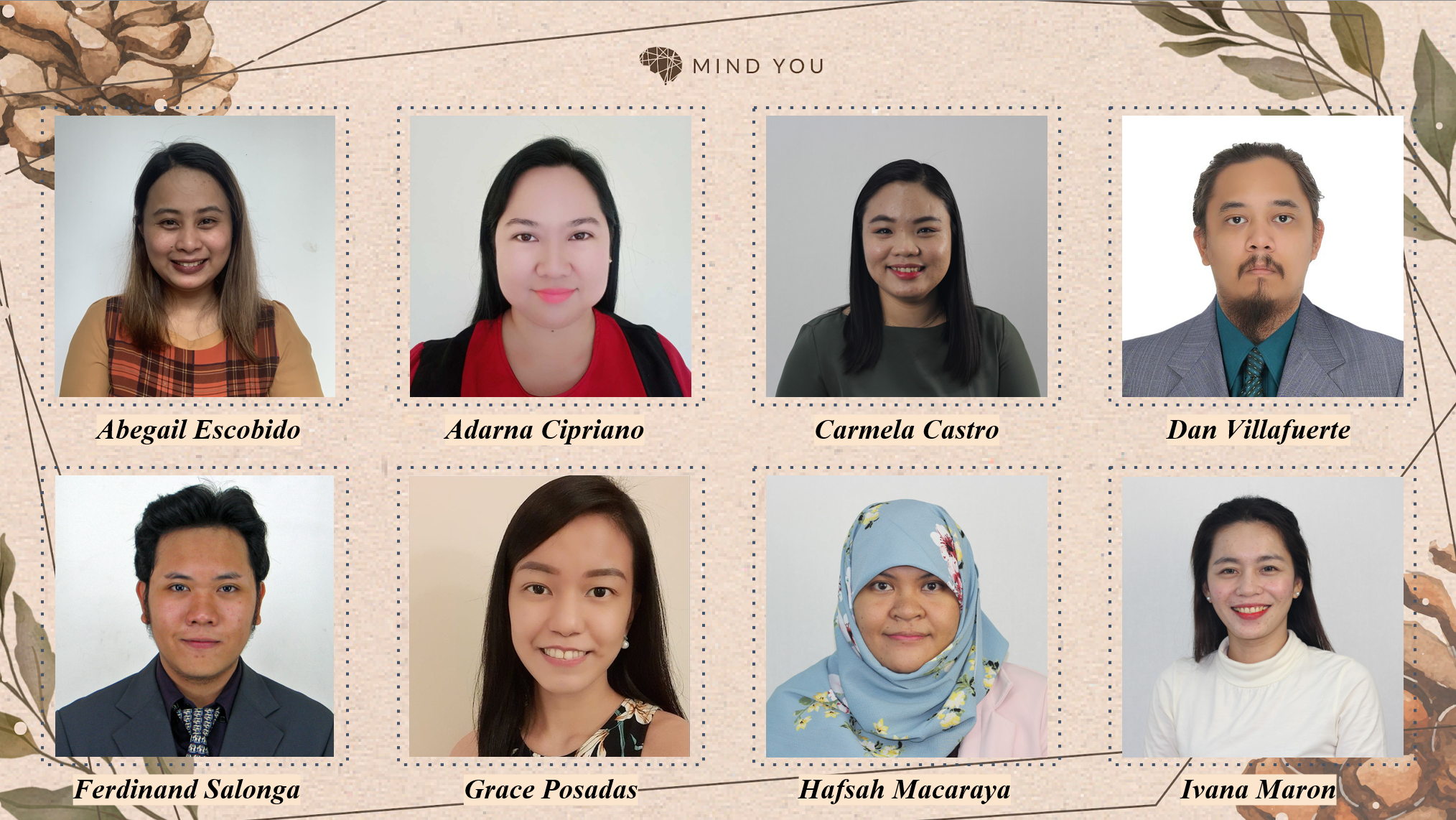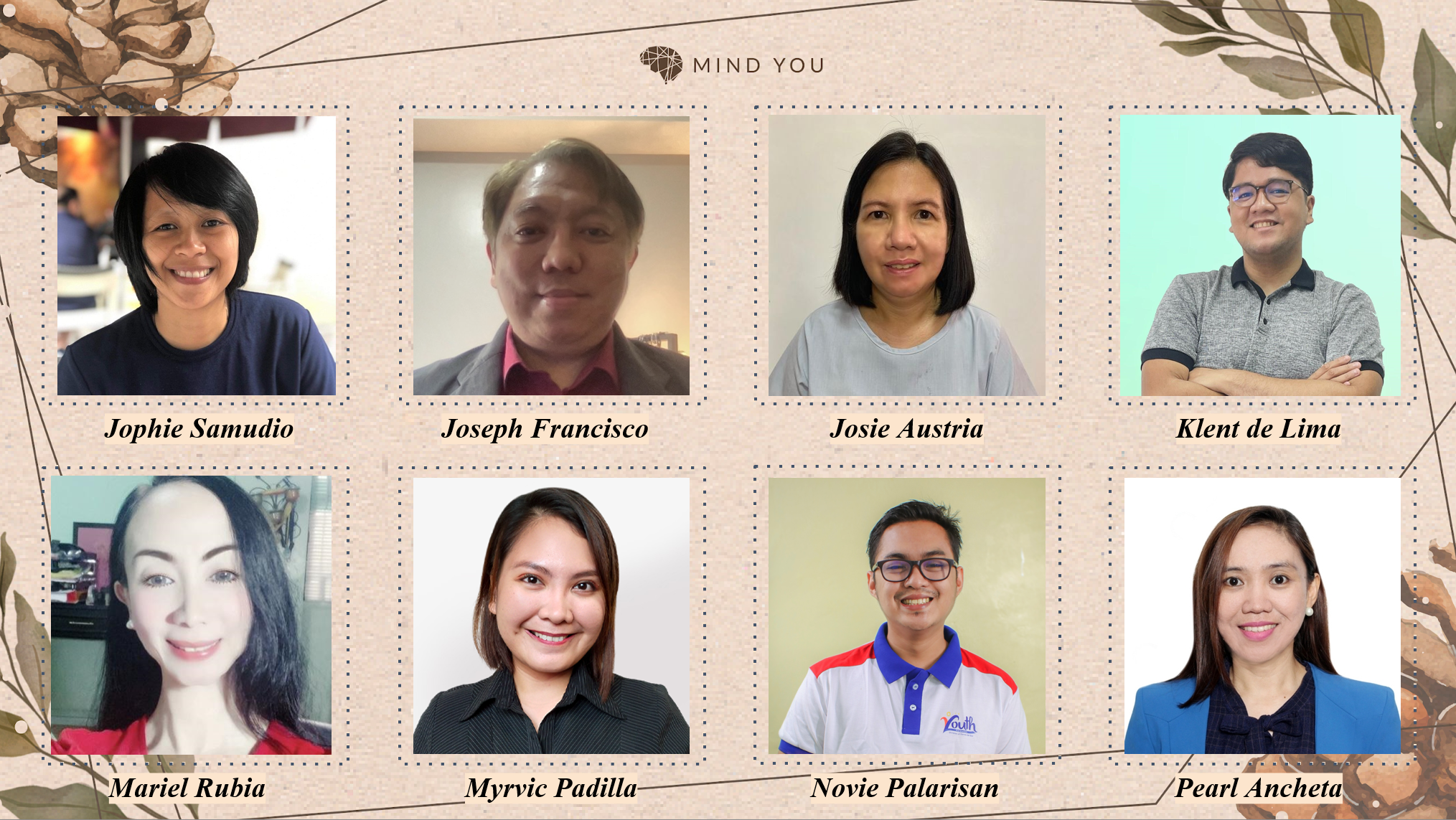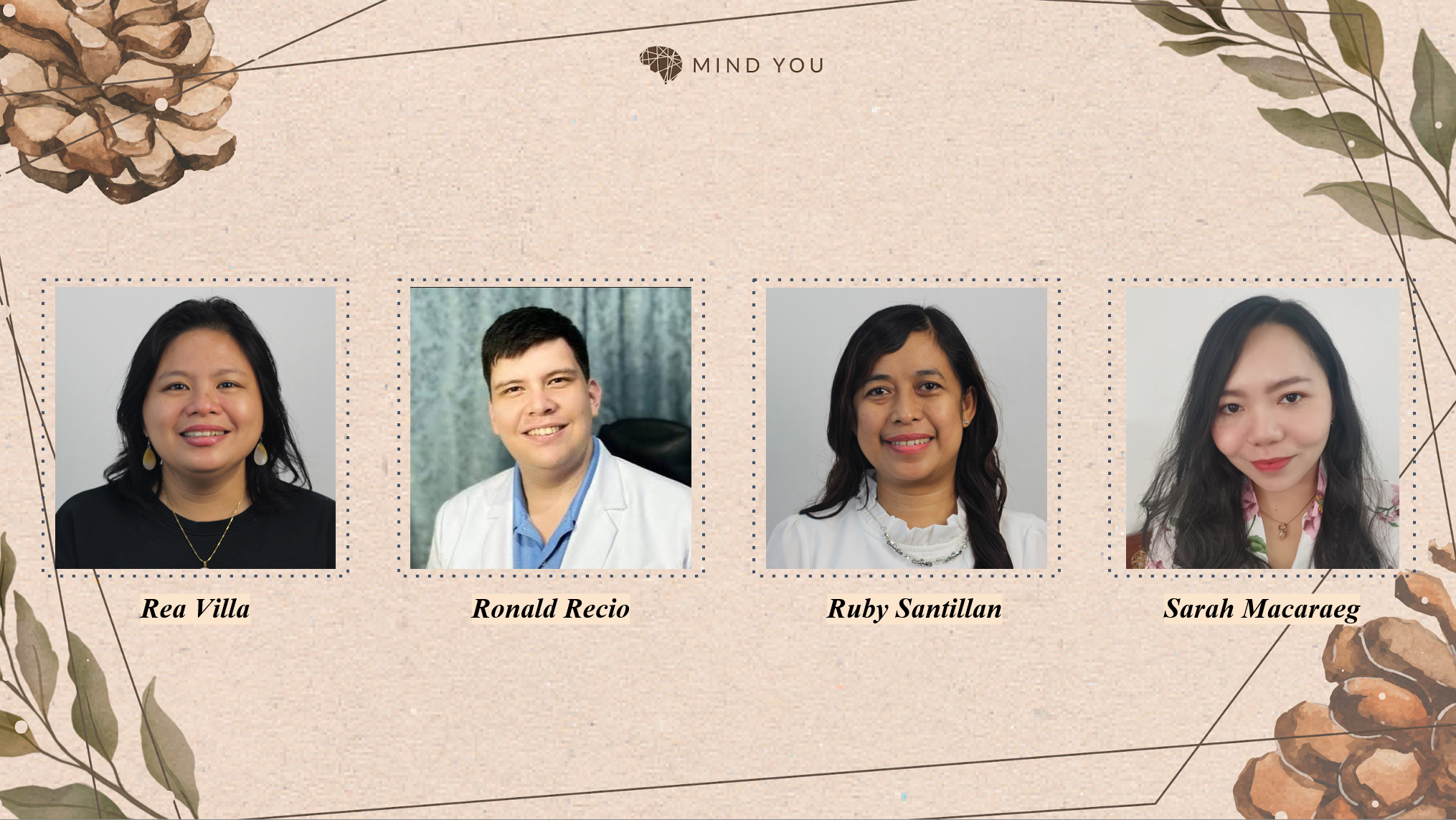With the Philippines being recognized as one of the most gay-friendly nations in the world (https://www.pewresearch.org/global/2020/06/25/global-divide-on-homosexuality-persists/), it is an encouraging sign that Filipinos are breaking the long-held stigmas against the community. There is hope that we can continue to become the beacon of change for LGBTQIA+ communities, setting the example for more Asian nations into wider acceptance of the community.
Last weekend, Mind You participated in the Alab For Love: Pride PH Festival at the Quezon City Memorial Circle. Which brought together members of the community and allies alike. The organizers shared an inspiring message on their social media account: “Natapos man ang pagdiriwang kagabi ngunit patuloy pa rin ang pag-ALAB! PRIDE is not just a day or a month. PRIDE is a daily protest. PRIDE is a daily reminder that we exist… that we have rights to be protected. Patuloy na pag-ALABin ang PRIDE sa ating mga puso at nawa’y maipasa natin ito sa iba”.
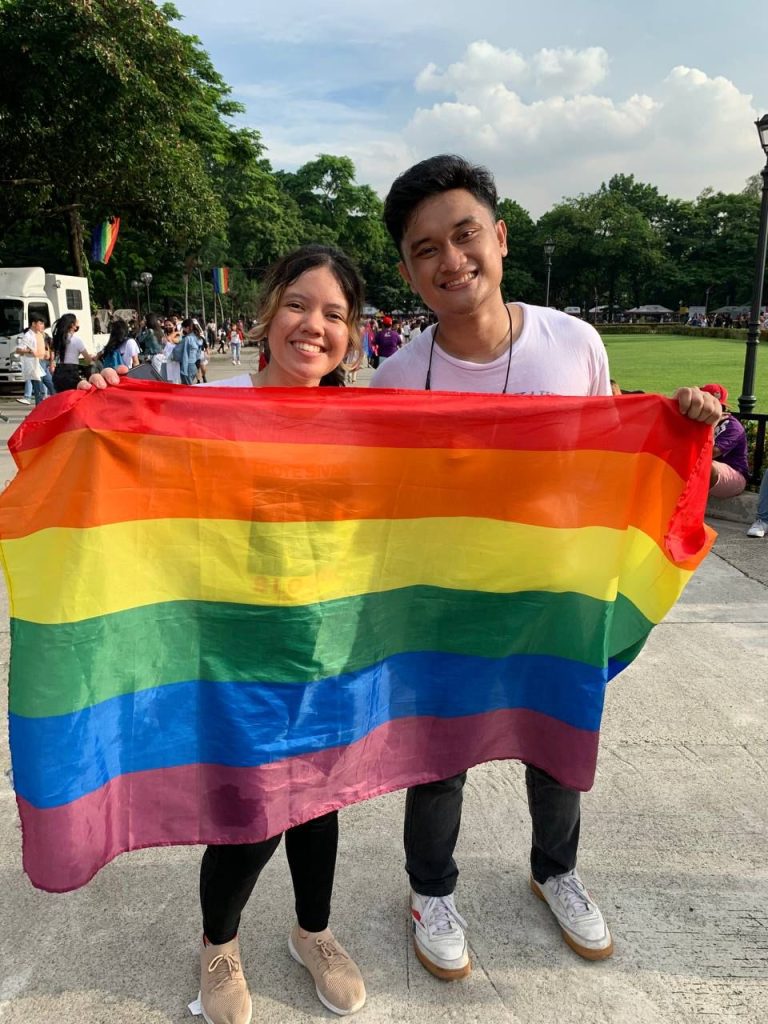

As Pride Month comes to a close, it poses us with the challenge of how to continue creating safe spaces and an inclusive environment for the LGBTQIA+ community. We sat down with Mind You’s Senior Psychologist Rea Celine Villa and Mind You Psychologist Ronald Recio to ask questions about how we can become better allies.
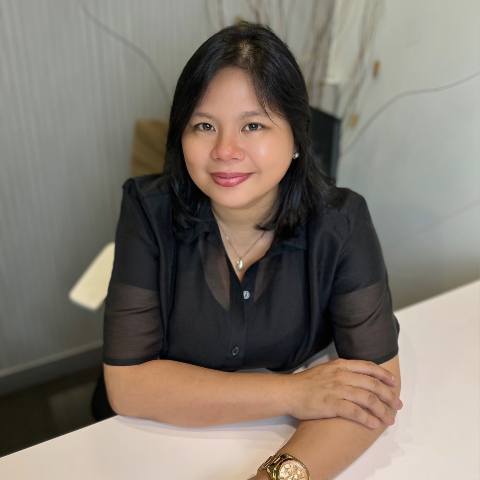

As a psychologist, what are the common mental health struggles that the LGBTQIA+ community face?

Ron
The most common issues that I have encountered with the LGBTQIA+ community would revolve around acceptance issues (from themselves and from the community), depression from the aforementioned issues with acceptance, and anxiety especially with the coming out process. In countries like the Philippines, where the population is largely Catholic, the religion they are part of induces a great amount of internalized sexual stigma.

Rea
Speaking of stigma, this is also another mental health struggle that the LGBTQIA+ community face. Stigma exists in different aspects of their life including health, the workplace, in school, and even in their homes. For example, the discrimination they deal with either in school or at work takes a toll on their mental health as well as the rejection they have to endure when their own families fail to accept the reality of who they are as a person.
How do the LGBTQIA+ community’s mental health struggles differ from others?

Ron
The main struggle I would say would be from the fact that they are a minority. Signs and symptoms of mental health issues have not yet been fine tuned for their community as much as we would like it to be. Furthermore, research into their unique struggles are very few,but are growing day by day.

Rea
The small daily struggles makes LGBTQIA+ individuals feel like they have to hide. Finding happiness in diversity is a struggle for them. For example, over two thirds of LGBTQIA+ people avoid holding hands in public. They feel that they have the need to make their relationships invisible and expressing love and belongingness is circumvented to avoid scrutiny.
How do these mental health conditions affect the LGBTQIA+ community?

Ron
Generally, it’s the same as with the majority. The main issue for them is the accessibility of meeting a mental health specialist and, by extension, the fear that if they do meet a mental health specialist, they would not suffer the same prejudice of not being accepted for their alternative life decisions. Also, because of the relatively new introduction of research into their unique issues, training issues come into mind as these topics have not been tackled mostly by professionals in the Philippine setting.

Rea
Untreated mental health conditions among the LGBTQIA+ individuals can cause severe emotional, behavioral and physical problems. For instance, it affects their productivity at work, disrupts relationships, and creates family conflicts. For those LGBTQIA+ students, unaddressed mental health concerns may impede their ability to succeed in school.
What are the common triggers that can affect the mental health of an LGBTQIA+ member?

Ron
Experiences of discrimination and prejudice and discrimination from employers or by family members. Also, religious bigotry in that some do experience being condemned to a life of suffering because of their alternative life choice.

Rea
I would say bullying and online Harassment. These are factors that trigger and contribute to the likelihood of self-harming and suicidal ideation among individuals in the LGBTQIA+ community. In addition, stigma in all forms is also a significant trigger affecting the mental health of an LGBTQIA+ member. It generates negative beliefs and actions that prevent them to seek the help they need from their loved ones, friends, family.
For those in the LGBTQIA+ community going through mental health struggles, what piece of advice can you give to them?

Ron
I would always say to stay true to your identity no matter what. If the current circle of friends or people around you do not accept them, take solace in the fact that they could choose a different circle of friends which would be more accepting.

Rea
It is important that I let them know in the phrase, “You are your own person.” They have the capacity to be more in control of their lives and take responsibility for themselves. To find ways to strengthen their sense of identity and find their group of like minded individuals.
When an LGBTQIA+ member does a counseling session with you, how do you go about it?

Ron
I normally focus on the facts of the case and how best to deal with it given the context of the case at hand.

Rea
In working with LGBTQIA+ individuals, a positive psychology approach can be incorporated into establishing the counseling session. In this way, opportunities for recognizing and supporting their positive subjective experiences within the therapeutic process. At the same time, as a partner in the process, I will facilitate in providing strategies for them to apply in nurturing their character strengths so that they better overcome problems and improve relationships.
How can we be an ally to the LGBTQIA+ community in our own little way?

Ron
The key to being an ally to the LGBTQIA+ community is first educating yourself and start with an understanding about Sexual Orientation, Gender Identity and Expression (SOGIE). You can learn more about the SOGIE Equality Bill we have here in the Philippines under House Bill No. 4982. It recognizes the fundamental right of every people, regardless of sex, age, class, status, ethnicity, color, disability, religious and political beliefs, sexual orientation, or gender identity, to be free from any form of discrimination. Read about general definitions and what terminologies to use correctly.

Rea
Once you are educated about LGBTQIA+ individuals, step in and educate others. Respond when you hear others using non-inclusive language, making derogatory jokes, using incorrect assumptions/stereotypes, voicing misinformation, etc. Tell them why you think their comment was inappropriate and how they can improve it. In addition, the society can be an ally to the community by helping further their cause by educating people who have differing opinions and by allowing those in the LGBTQIA+ community to safely express themselves as who they are. In conclusion, look beyond gender and look into the human being in front of you for who he/she is as opposed to the type of clothing or manner in how he/she would like to be addressed. It’s high time that we look beyond the dichotomy of gender and understand that it is fluid.
Mind You is committed to creating safe spaces for all Filipinos. To learn more about Mind You’s services, visit www.mindyou.com.ph. You can also follow them on social media @mindyoumhs.
